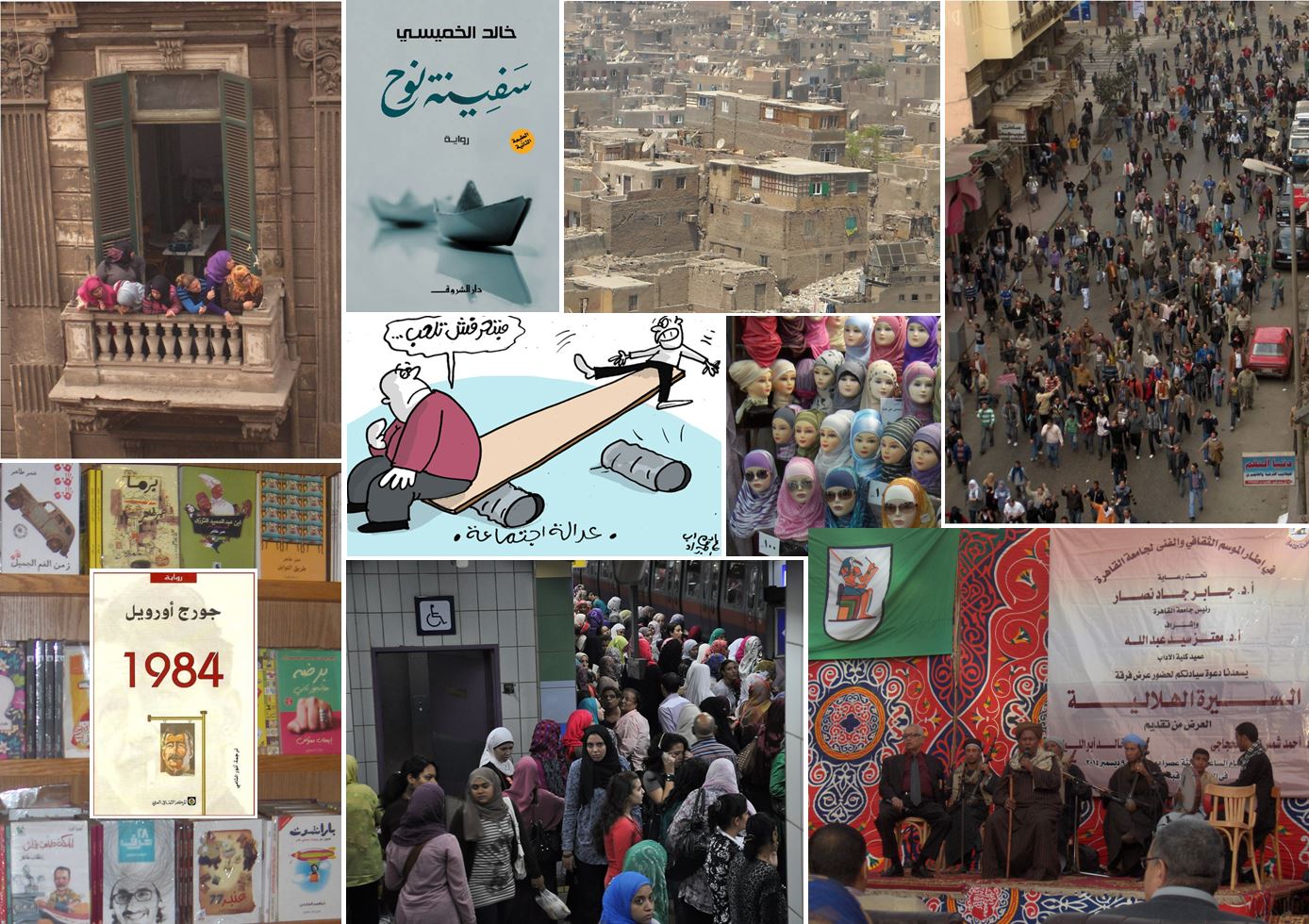About the Project
Aren't there many other matters that are much more important to ‘ordinary’ Arabs than the three catchwords of western media coverage; democracy (or the lack of it), political Islam and violence?
The project "In 2016" will provide an ‘encyclopedia of 2016’ that enables users, in a snapshot portrait of one year, to ‘jump right into’ and move around (via cross-references) in post-revolutionary Arab realities; a tool that allows readers to approximate the experience of ‘how it feels’ to live in the Arab World in this period of transition and historic change.
Background
“Bread”, “freedom”, “social justice”, and “human dignity” were the lead slogans of the uprisings. But these are only the chief rallying cries for a myriad of human concerns and daily life experiences that make up the worlds in which Arabs live today: youth unemployment, unaffordable housing, health, education; traffic jams, overcrowded public transport, almost unbearable pollution, electricity and water cuts; news and rumours and politicking; falling in love, getting married, having children; the question of leaving the country; sexual harassment and rape; but also aesthetic surgery, soap operas, movie and music stars, football, Facebook, film festivals, folklore revival, poetry recitals, the emergence of comic books and graphic novels, or a boom of satire.
And there is also an almost incredible continuity in the life of what is often called ‘the silent majority’ - as if the revolutions had been the fancy idea of a spoiled elite of bourgeois youth.
Methodology and objectives
The project took its methodological inspiration from H.U. Gumbrecht’s seminal study "In 1926: Living at the Edge of Time", applying the latter’s one-year snapshot approach to Arab lifeworlds of 2016.
The project focused on two key fields of cultural production where topical issues and ‘the meaning of life’ are regularly discussed and from where reflections of bodily experiences, emotions and affects can be collected: fiction and social media.
The main objective was to identify the dispositifs that characterized Egyptians’ and/or Tunisians’ way of experiencing and categorizing their realities and the alternative choices that would inform decisions in life and the ways of looking at things. An online researchers' notebook accompanies and supplements the analysis and interpretation of literary texts and online postings.
Outcome
- The ‘encyclopedia of 2016’ (prepared for the main part by a postdoctoral researcher in literature/film studies),
- A doctoral dissertation on Arabic social media
- Several articles by the main participants
- Two workshops (2016, 2018) and a larger conference (2017) that gathered international expertise to discuss post-revolutionary Arab realities
- An online researchers’ notebook that will help to identify key concepts and structures Arabs use to make sense of life in a post-revolutionary world.
